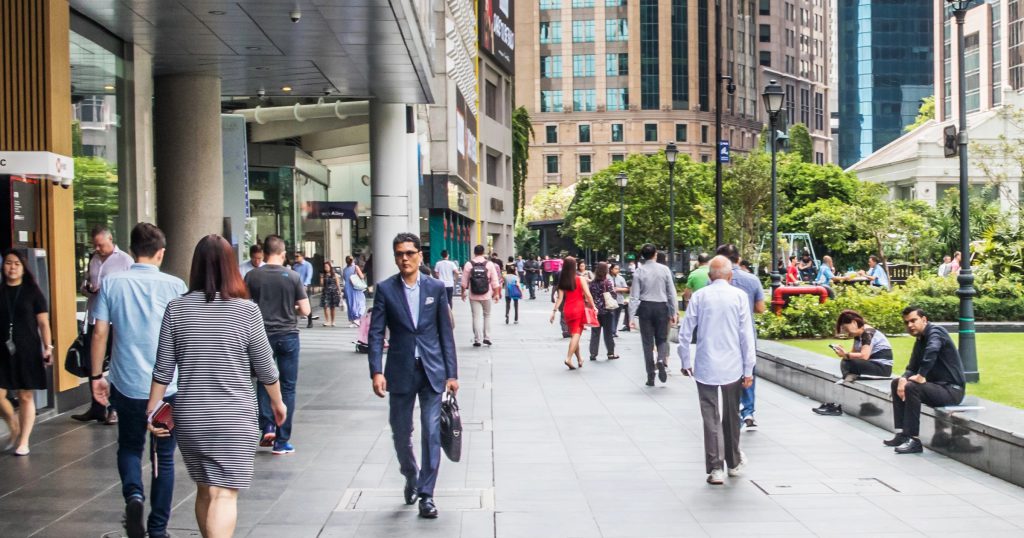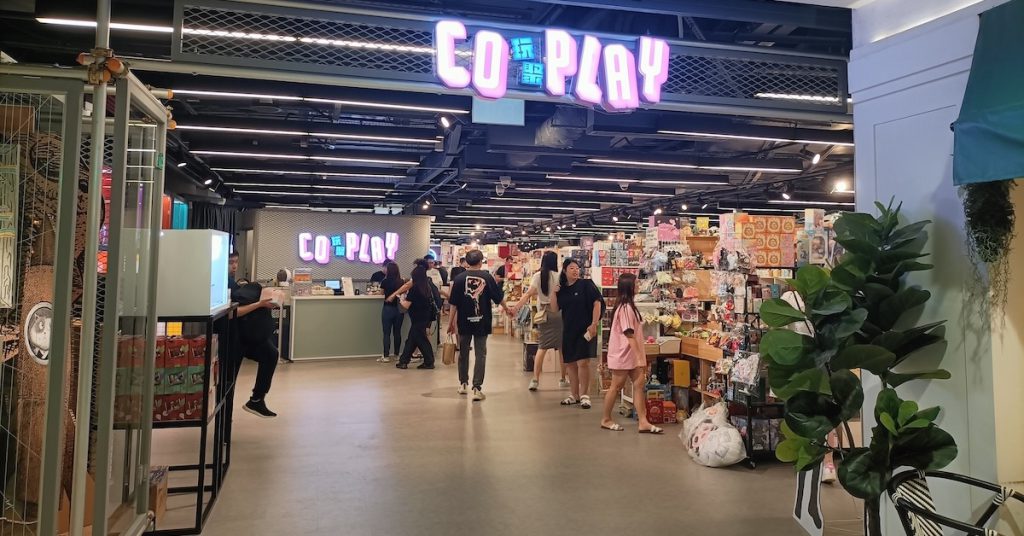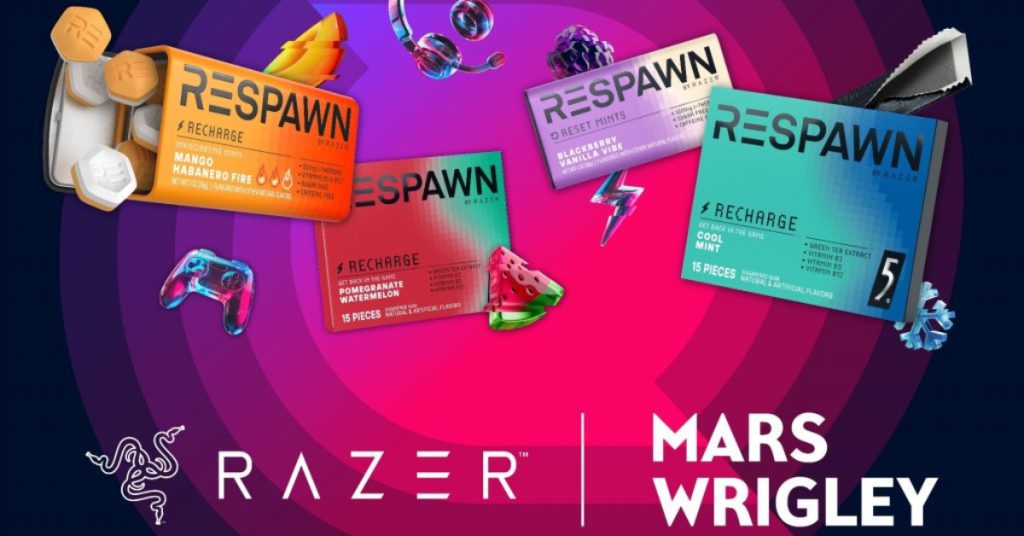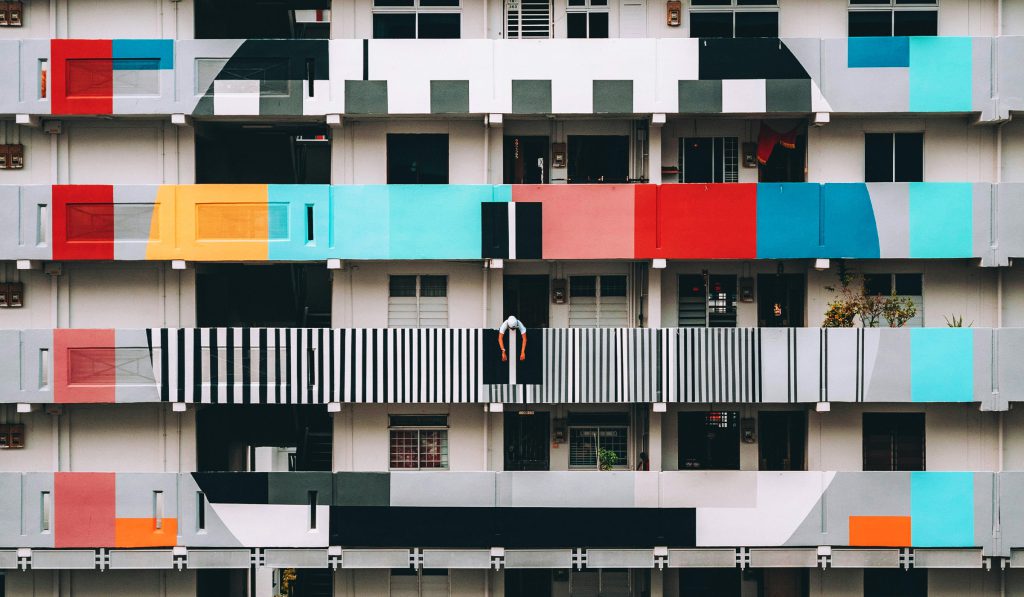It started with a single app.
While speaking to a friend’s mother, I was, for the first time, introduced to a beauty editing app. It had been a meagre offering, flushing out the colour of my skin and adding faux-sparkles around my face like I was in a low-budget Disney movie. I found it hilarious, but to my surprise, she found it brilliant.
Before that, I had been stuck with the idea that people who Photoshopped their photos were either insecure about their looks, or had to look good for their careers. The latter seemed to justify itself in my perspective, but debates on international platforms had gone off when celebrities in Hollywood spoke up about the blatant Photoshopping of their photographs. People were openly making fun of bad Photoshop jobs, where girls had enlarged their breasts — and guys their biceps — beyond comprehension.
Naturally, I thought the whole thing was just a joke. But through this one incident, I suddenly become aware that these apps were not only accepted — they were coveted. A quick Google search confirmed my suspicions — lists of “top beauty editing apps” reigned in the results.
I was so amazed (and amused) by this discovery that I set off to write an article reviewing a bunch of random beauty editing apps: the slimming features, the obscene whitening of my skin (I spend too much time on the beach to have my tan stripped away), the enlarging of my poor Asian eyes. I downloaded a host of apps — some paid, some free — and I set out to make fun of every single one of them.
Granted, some were horrible, most made me look like I’d been at the receiving end of a faulty mascara wand. But after a full hour of tweaking, pinching, and colouring my face, I stumbled across this one app — and I was hooked. I couldn’t bring myself to write the article anymore.
What Kind Of Confidence Is This?
The app in question is called FaceTune, an app that offers targeted editing of your features from smoothening skin and hair, blotting out dark spots, to tucking in flab where you find it.
I did not expect to actually like the app, and it even made me hate myself a little. It made me think of all the people who had stepped up against Photoshopping cover models, who’d stood up for womens’ rights to look exactly how they wanted — makeup-less, unshaven legs galore. And after all those years of progress, here I was, a young woman in my twenties, tapping away at a device that changed the course of history to remove dark marks from my chin.
It made me sick.
But there was a part of me that relished this new found power. Before using this app, I was always uncomfortable with selfies. From the moment I came across that app, however, my face started popping up more often on my Instagram feed. I started taking more selfies. My confidence levels went through the roof.
But was what I felt really confidence, if the price of this confidence was manipulating my own face? This goes beyond makeup — it’s virtual plastic surgery. It should come as no surprise that beauty editing apps are more accepted in countries like South Korea, where it was reported that one in five women in Seoul have had some kind of procedure done. This is according to a 2009 survey by Trend Monitor (via Business Insider).

Perhaps South Koreans are the ones taking a step in the right direction, by being comfortable with the power they’ve harnessed and running with it. Maybe they’ve steeped into an uncomfortable state of image-worship that covets an ‘ideal’ face — one that many Korean children are believed to have had the misfortune of being born without. And when selcas are taken, you can bet that they won’t be shy about editing their face before the photograph goes public.
In Singapore, cosmetic surgery is still a taboo topic to discuss, though some people — namely bloggers like Xiaxue and QiuQiu — are taking the helm in discussing their enhancements. And you can be sure that many more are secretly using beauty editing apps as well.
And as beauty editing apps get more commonly accepted in a society as conservative as Singapore’s —where Internet trolls are happily waiting to rip apart any woman with comments like “go and fake still so ugly” — it makes me wonder where the line is drawn between artificial and natural beauty.
Beauty In The Eye Of The Society
I took it a step further and edited my colleagues and friends’ photographs, and asked for their opinions. It was an interesting split in opinion between my female and male friends. The women reacted based on to how good and natural the editing was (but were all pleased with how good their skin looked), though they added that they probably wouldn’t put in the effort to do so. Others who posted more selfies felt comfortable admitting that they did edit their photographs.
“If it’s your interest I guess it’s okay, like some people want to put cats (stickers) in their pictures, others want to make their eyes bigger. I think its the same thing.”
The men flinched at the look of their edited faces, no matter how minor the changes were, but felt that it was fine for their female counterparts.
It seems like most men still shirk from the idea of “editing” their face, while women appear to have gone past the idea of artificiality, especially with the prominent use of makeup in society — they’re much more focused on how natural they look. Emphasis on ‘look’.
What also struck me also was how odd it felt to edit other people’s faces rather than my own. It felt wrong, almost blasphemous, like I was trying to look for their flaws when I hadn’t paid attention to them before. It was judgement taken to a new level — but I hadn’t thought about that for myself.
It was chilling, to think that I didn’t lend myself the same kindness that I had for others, that my conscience screamed when touching up others’ faces, but stayed mute when I picked at my own flaws. Was I still confident, then? Was I as beautiful?
Being Comfortable With Artificiality
At the end of the day, I still don’t have an answer to my questions. Instead, the number of questions I have have multiplied tenfold. The idea of beauty is so entrenched in society and our self-perception that it’s impossible remove it from matters of gender equality, societal construct, and even morality.
But the truth of the matter is that everyone still pursues that ideal of beauty. After all, people psychologically find beautiful people more intelligent, friendly and competent. Of course the next natural step would manifest in this new genre of apps! Of course it would attract the users it has today!
What I hope for one day is that I either lose my attraction to beauty editing apps, or stop feeling guilty for using them. That I’d either feel confident about my natural appearance, or my artificial means to looking naturally beautiful.
Till then, FaceTune stays in my phone.


















